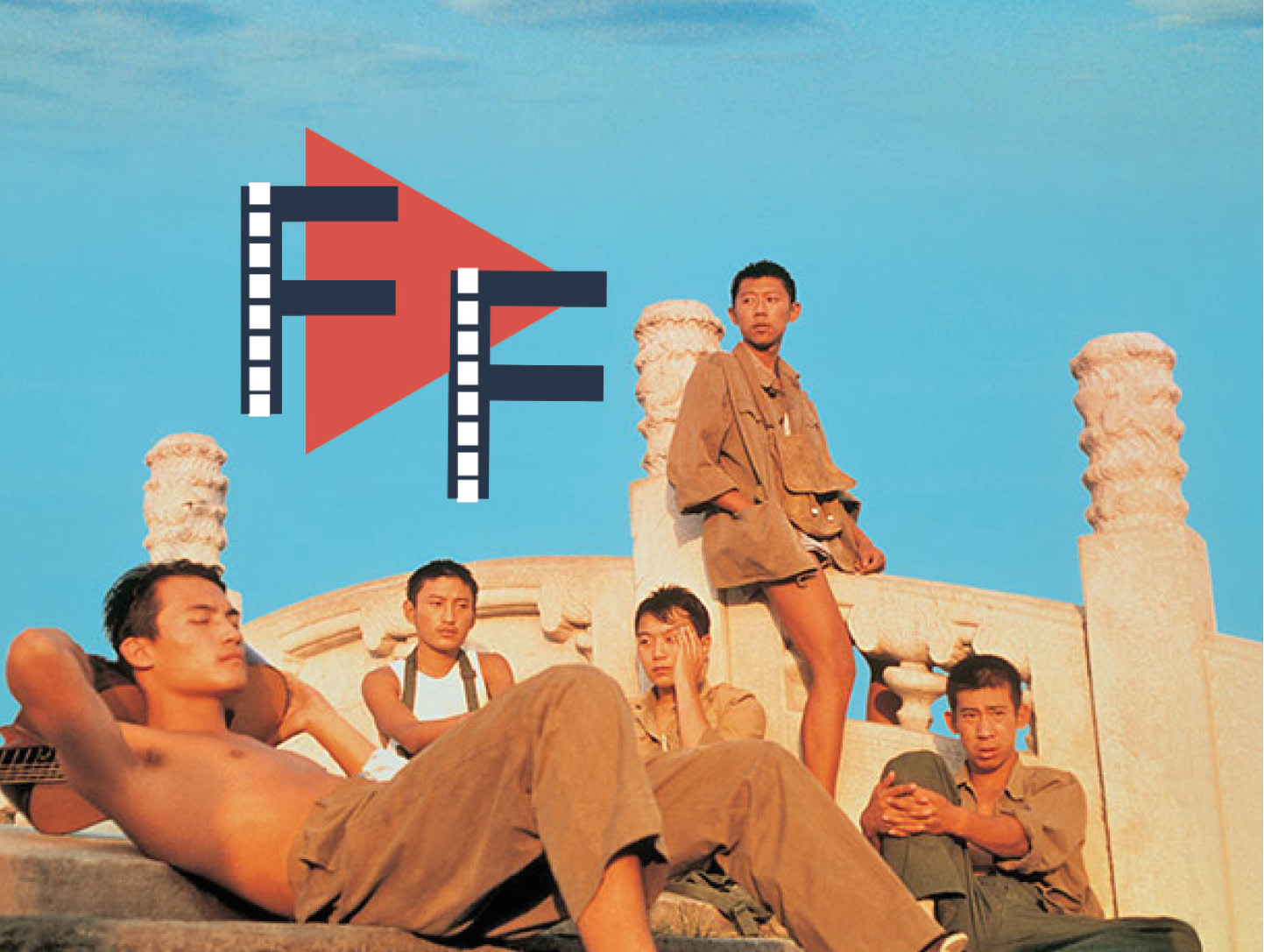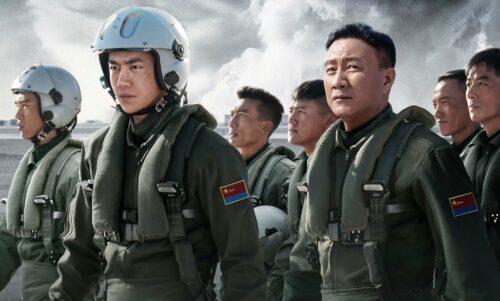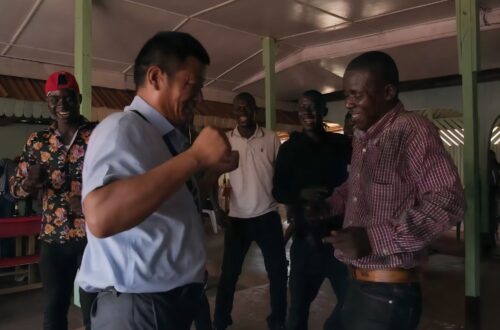Film Friday: Memory and desire ‘In the Heat of the Sun’

In the film In the Heat of the Sun 阳光灿烂的日子 (yángguāng cànlàn de rìzi), Beijing is a mostly empty city. Adults are busy participating in the Great Proletarian Cultural Revolution, while those who should be in college are in the countryside for “re-education,” i.e., “learning from the farmers and workers.” Beijing belongs to the teenagers — who spend their days fighting, sneaking into cinemas, dating, and smoking.
Set in the early 1970s, In the Heat of the Sun, the directorial debut of Jiang Wen 姜文, is about the unique experiences of a group of privileged youth who grew up in Beijing’s government- and military-related courtyards. Schools at this time were closed and parents had little time for their children, so kids in Beijing would find ways of entertaining themselves.
The protagonist is Ma Xiaojun, a.k.a. “Monkey,” a wiry thin young man caught up in change, both external and internal (his blossoming desire for girls, for instance). He wants to become a hero and is eager to prove to his friends that he’s grown up: he picks the locks to his neighbors’ doors (but never steals anything); he smashes a boy with a brick in a gang fight; he scales a smokestack chimney and jumps down from inside, just to prove to a girl that he can…
Of course there is love. In one of Ma’s home invasions, he sees the picture of a girl hanging above a bed. This turns out to be Mi Lan, who is a few years older. Ma worships her — and much later, a truly grown-up Ma Xiaojun reminisces, “I sadly find it impossible to restore my memory to reality. My memory is always compromised by my emotions.” Had those days really been so colorful, un-darkened by political chaos? Had Ma Xiaojun and Mi Lan really spent summer afternoons dancing and chasing one another? Did he really say “I love you” that one rainy night? Had he actually seen a photo of her in a red swimsuit?
In the Heat of the Sun is adapted from the 1991 novel Wild Beast 动物凶猛 (dòngwù xiōngměng) by Wang Shuo 王朔, China’s renowned “bad boy” writer, but Jiang Wen infused much of the movie with his own memories. Both author and director were “compound kids” who became the “new elites” after the founding of the PRC. Their parents directly contributed to Communist Party in sectors such as military, politics, and science, and as a result, they lived inside plush (relatively speaking) courtyards. Jiang Wen and Wang Shuo — much like their characters — were among the most privileged young people of new China: they went to the best Russian restaurants, had access to “poisonous” Western films, smoked fine cigarettes, played guitar, wore their parents’ army uniforms, and mimicked ballet dancers in Swan Lake, just for fun.
Perhaps it’s for these reasons that Jiang Wen is able to avoid typical Cultural Revolution cliches such as Red Guards waving Mao’s Little Red Books. His movie shows another side of life during the late years of the Cultural Revolution, where schoolchildren hold flowers and dance together to welcome China’s “old friends” from socialist countries, Soviet films about revolutionary heroes play again and again in public theaters, and songs expressing love and admiration for Chairman Mao, the People’s Liberation Army, and the Soviet Union and North Korea play on repeat.
Not to spoil the ending, but by the film’s conclusion, viewers are given the sense that a new era, one of commerce and vulgarity, would strip away the idealism that imbued the 1970s with such color. It recalls the narrator’s words at the very start: “Beijing has changed so fast. In 20 years, it’s become a modern city. Almost nothing is as I remembered. Change has wiped out my memories. I can’t tell what’s imagined and what’s real.”
In the Heat of the Sun made Jiang Wen, who was already well known for his acting (Red Sorghum), one of China’s most sought-after directors. His later works include Devils on the Doorstep (鬼子来了, 2000), The Sun Also Rises (太阳照常升起, 2007), and Let The Bullets Fly (让子弹飞, 2010).
Film Friday is The China Project’s film recommendation column. Have a recommendation? Get in touch: editors@thechinaproject.com






